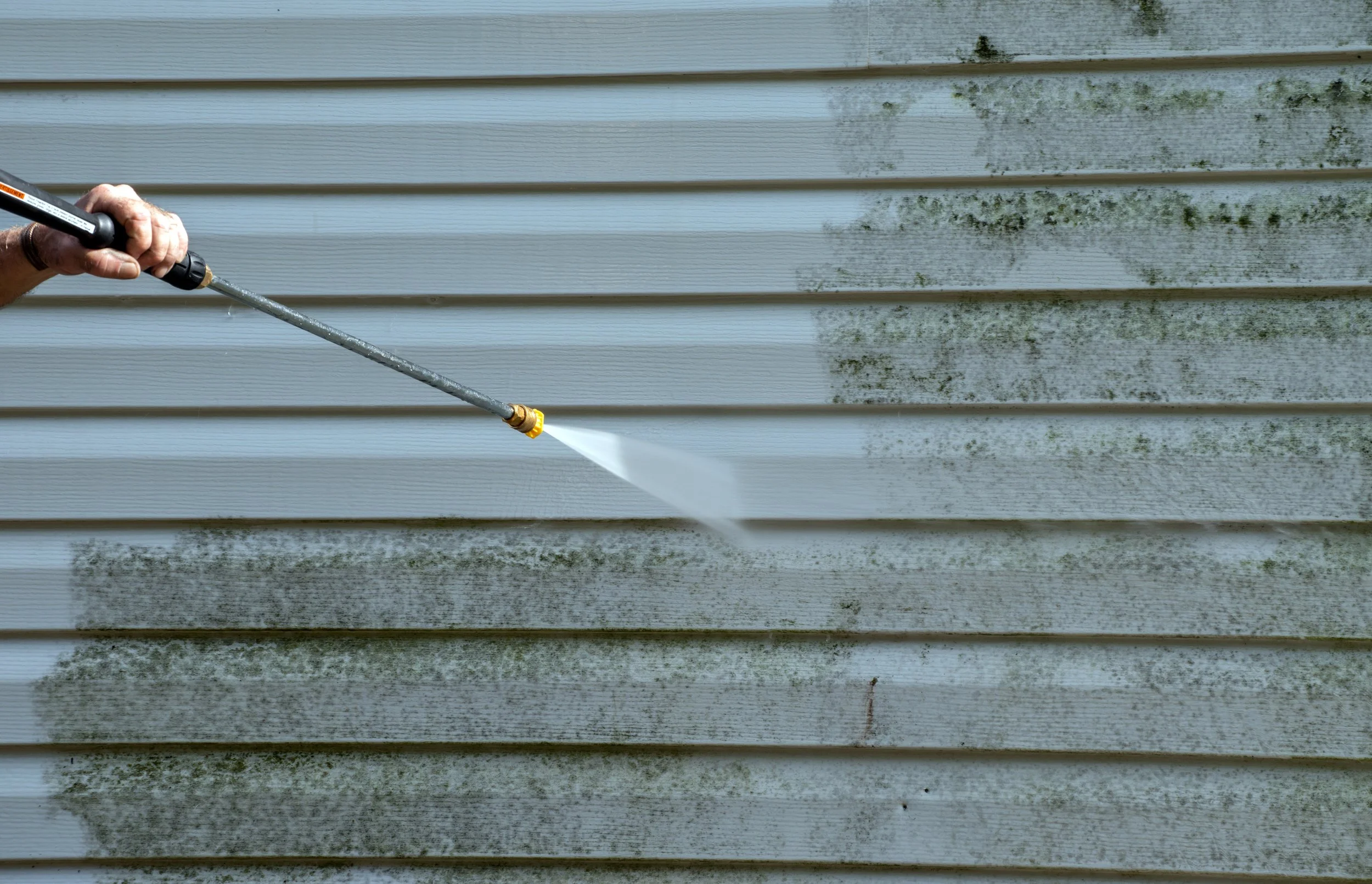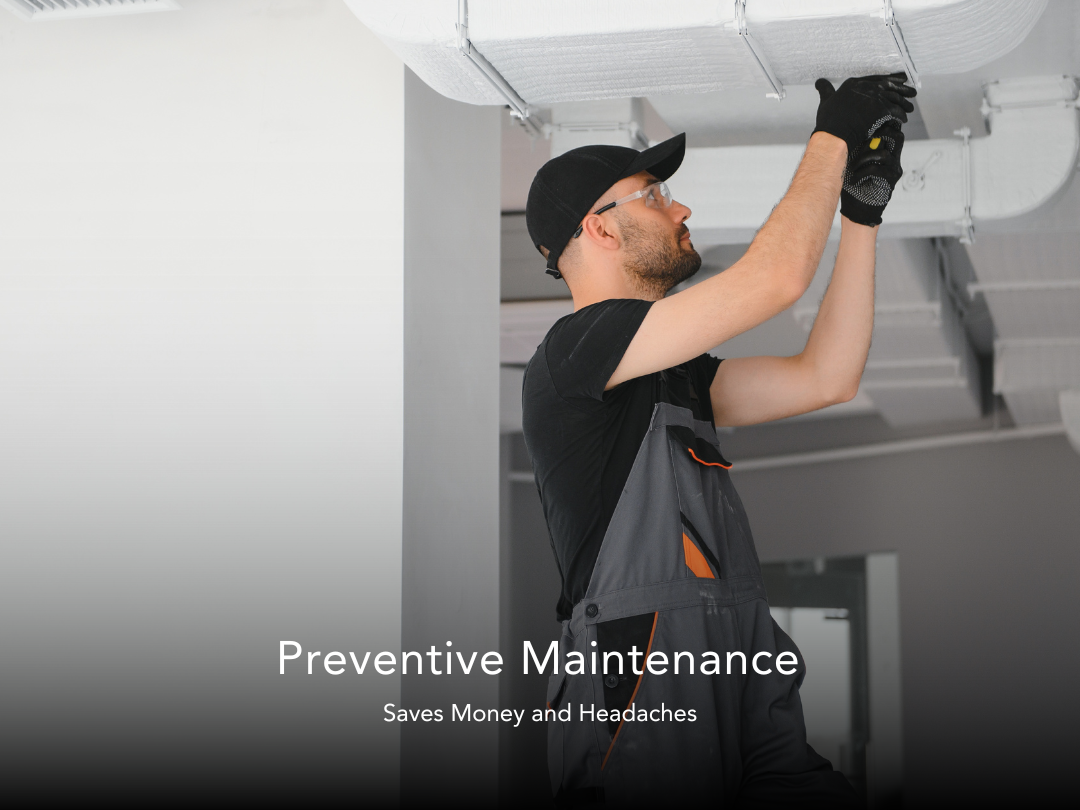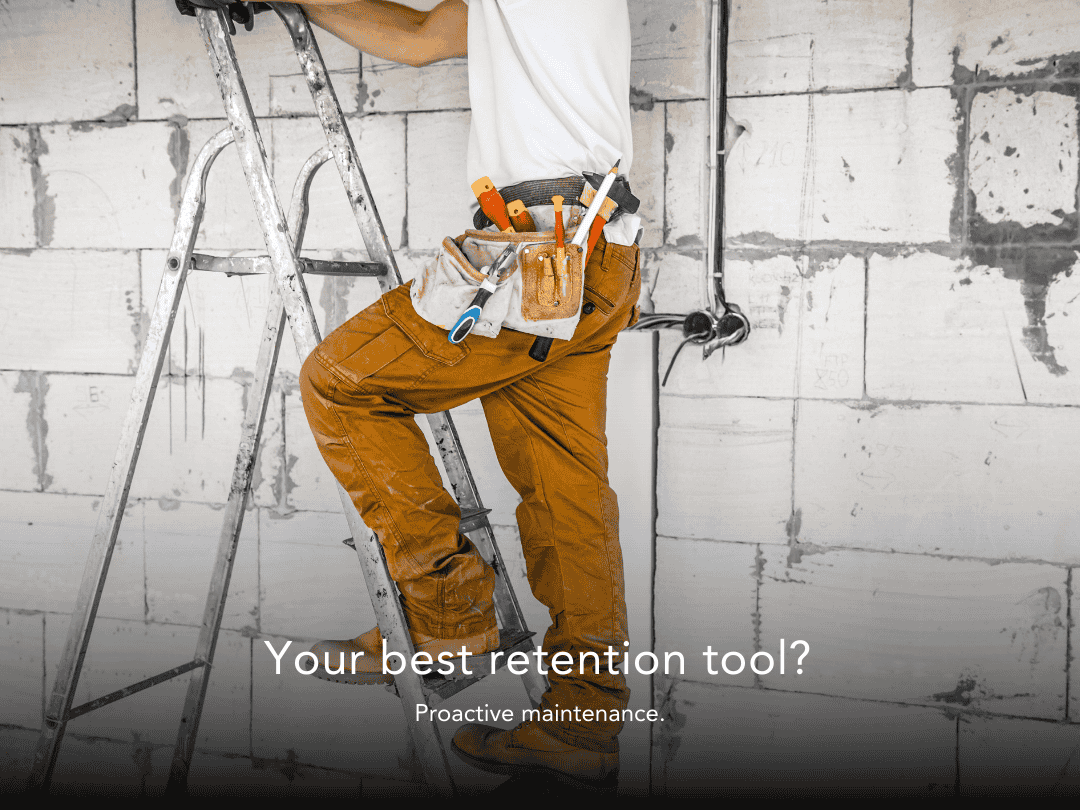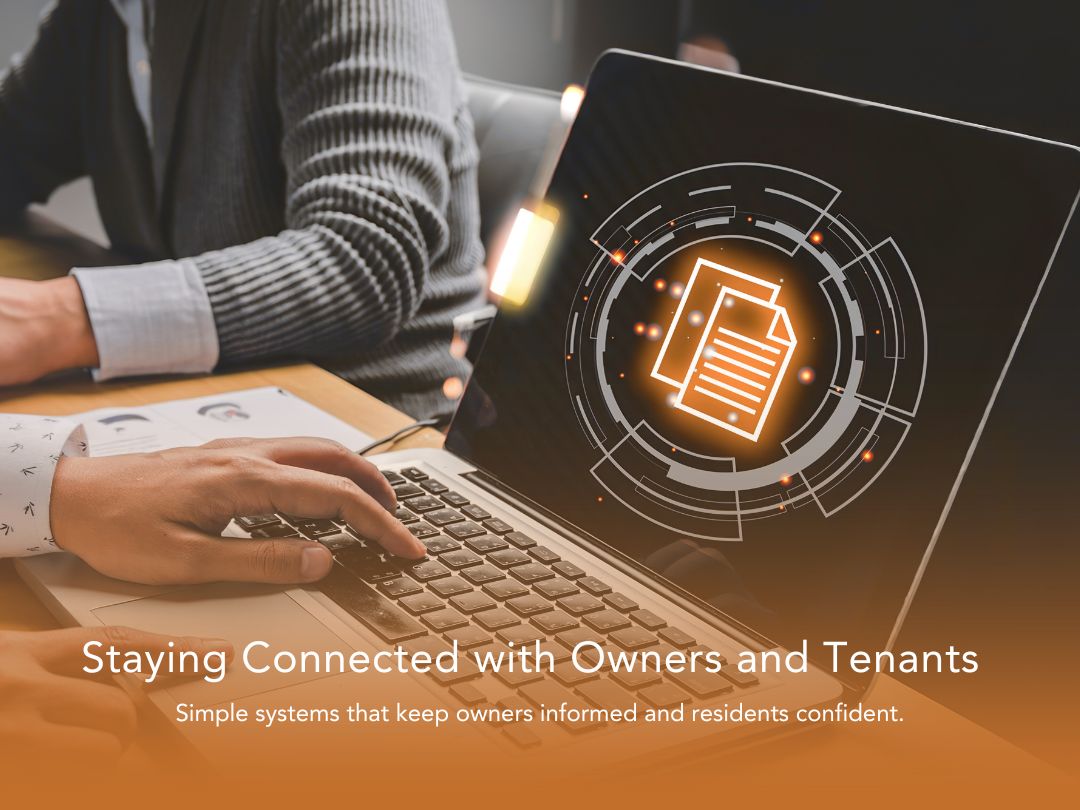Rent or purchase a pressure washer: You can either rent a pressure washer from a home improvement store or purchase one for long-term use. Make sure to choose a pressure washer with the appropriate pressure level for the job, as too much pressure can damage your home's exterior surfaces.
Prepare the area: Before you begin pressure washing, remove any outdoor furniture or decorations from the area you will be cleaning. Cover any nearby plants or shrubs with plastic sheeting to protect them from the high-pressure water.
Apply cleaning solution: If your home's exterior surfaces are particularly dirty, you may want to apply a cleaning solution before pressure washing. This will help to loosen and remove any built-up dirt or grime. Follow the instructions on the cleaning solution carefully, and be sure to use a solution that is safe for your home's specific materials.
Connect the pressure washer: Connect the pressure washer to a water source and plug it into an electrical outlet if it requires electricity.
Begin pressure washing: Start at the highest point of your home's exterior and work your way down, applying the pressure washer in a sweeping motion. Keep the nozzle about 2 feet away from the surface you are cleaning, and use a back-and-forth motion to cover the entire surface.
Rinse and repeat: Once you have finished pressure washing an area, rinse it thoroughly with a hose to remove any remaining cleaning solution or debris. If necessary, repeat the process on particularly dirty areas.
Clean up: Once you have finished pressure washing, disconnect the pressure washer from the water source and allow it to cool down before storing it. Clean up any remaining debris or materials, and remove the plastic sheeting from nearby plants or shrubs.
Pressure washing your home's exterior can help to improve its appearance and protect it from damage caused by built-up dirt and grime. I hope this helps! Let me know if you have any questions.
Technology is part of every aspect that touches our everyday lives. There’s no escaping it; we all have mobile phones and computers and a wide range of electronic devices that are pretty intuitive to what we need and want.
Stop surprise repairs with a simple, seasonal plan. Set clear response times, log fixes, and keep small issues from growing and repair budget steady.
When managing rental properties, efficient property maintenance is key to providing a positive experience for landlords and tenants. Timely and effective repairs not only keep the property in top condition and contribute to tenant satisfaction and retention.
Winter brings a predictable dip in renter activity, but it does not have to sink results. Here is how to navigate the season, sharpen marketing, and use incentives wisely.
Communication is the backbone of property management. Owners want clarity on performance and cash flow. Residents want quick answers and visible progress on requests. The right mix of tools and habits turns communication from a pain point into an advantage.
Busy days calm down when the right tools do the heavy lifting. Here’s how our stack speeds leasing, maintenance, payments, and reporting without adding noise.
Property management is an economic engine in Boise. From steady housing supply to vendor jobs and safer, well-kept neighborhoods, the ripple effects touch residents, owners, and local businesses.
The right software won’t run your business for you, but it will clear roadblocks: rent gets paid on time, work orders stop slipping, and your books match reality. Here’s a straightforward way to evaluate options if you manage rentals in Boise and the Treasure Valley.
Dive into the future of property management in Boise, Idaho, and discover how technology is reshaping the industry. Learn how to leverage the latest trends to future-proof your business, improve tenant satisfaction, and stay ahead of the competition.
A year-round approach to pricing, amenities, maintenance, and communication that reduces vacancy and grows resident satisfaction.
Boise’s seasons change—your playbook can stay simple. Prep the property, plan your leasing moves, and communicate clearly with residents. Use this quick guide to keep cash flow steady from winter to fall.
Learn key factors to consider when choosing a property management company, from reputation and communication to legal compliance and technology integration.













